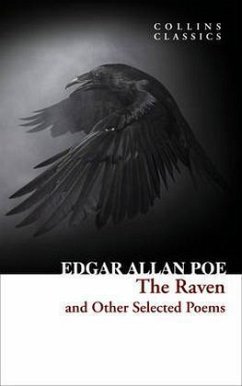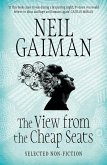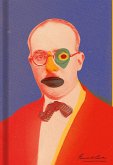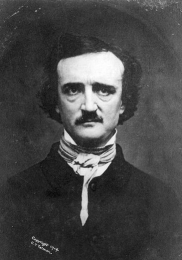HarperCollins is proud to present its incredible range of best-loved, essential classics.
' "...Take thy beak from out my heart, and take thy form from off my door!"
Quoth the Raven, "Nevermore." '
This selection of Edgar Allan Poe's poetical works includes some of his best-known pieces, including the triumphant, gleeful 'The Bells', the tragic ode 'Annabel Lee' and his famous gothic tour de force, 'The Raven'. Some present powerful, nightmarish images of the macabre and bizarre, while others have at their heart a profound sense of love, beauty and loss. All are linguistic masterpieces that demonstrate Poe's gift for marrying rhythm, form and meaning.
An American writer of primarily prose and literary criticism, Edgar Allen Poe never ceased writing poetry throughout his turbulent life, and is today regarded as a central figure of American literary romanticism. He died in 1849.
' "...Take thy beak from out my heart, and take thy form from off my door!"
Quoth the Raven, "Nevermore." '
This selection of Edgar Allan Poe's poetical works includes some of his best-known pieces, including the triumphant, gleeful 'The Bells', the tragic ode 'Annabel Lee' and his famous gothic tour de force, 'The Raven'. Some present powerful, nightmarish images of the macabre and bizarre, while others have at their heart a profound sense of love, beauty and loss. All are linguistic masterpieces that demonstrate Poe's gift for marrying rhythm, form and meaning.
An American writer of primarily prose and literary criticism, Edgar Allen Poe never ceased writing poetry throughout his turbulent life, and is today regarded as a central figure of American literary romanticism. He died in 1849.









